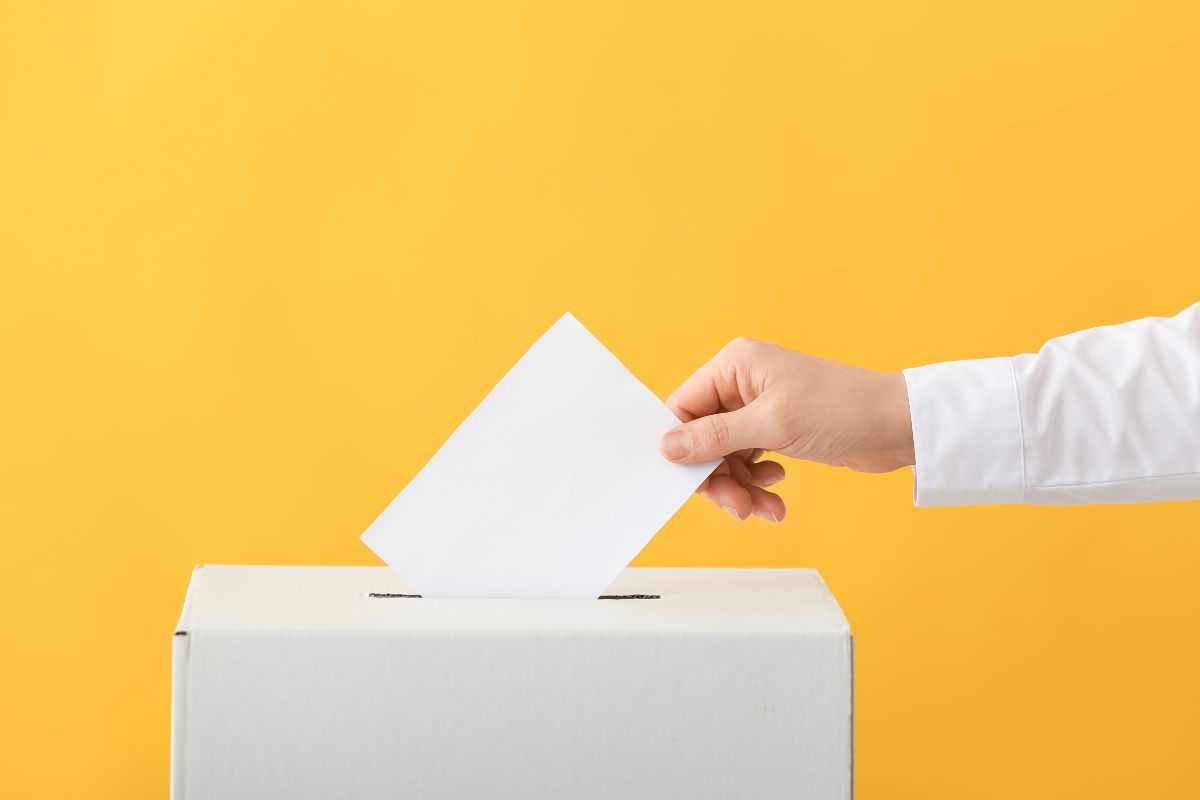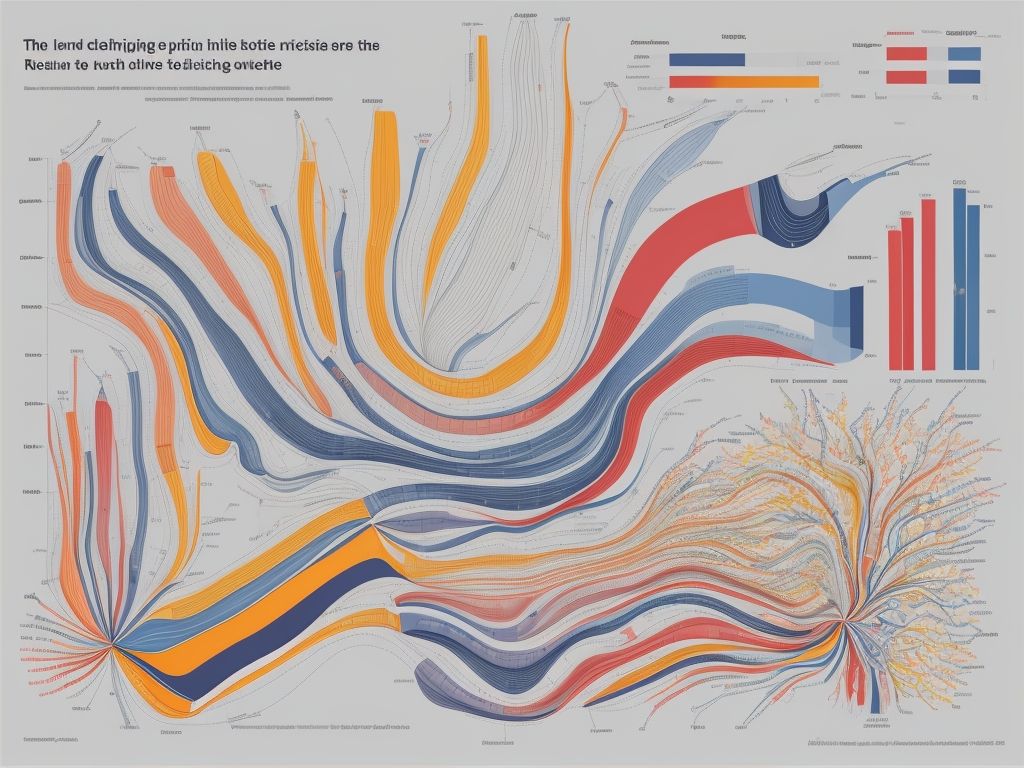Marquette University’s Polling Methods: Understanding Wisconsin’s Political Shifts
The History of Polling in Wisconsin
Polling in Wisconsin dates back to the early 20th century when newspapers started conducting informal surveys to gauge public opinion on political issues. These early polls were rudimentary compared to the sophisticated methodologies used today, but they laid the foundation for more accurate and comprehensive polling techniques in the future. Over time, polling became an integral part of political campaigns in Wisconsin, helping candidates and parties tailor their messages and strategies to better appeal to voters.
As the state’s political landscape evolved, so did the polling methods used in Wisconsin. Organizations began employing scientific sampling techniques to ensure that their polls accurately reflected the diverse population of the state. This shift towards more systematic and rigorous polling practices enabled pollsters to provide more reliable and insightful data to candidates, media outlets, and the public.
The Role of Marquette University in Political Polling
Marquette University has played a significant role in shaping the landscape of political polling in Wisconsin. With its reputable polling center, the university has been a pivotal institution in providing insights into public opinion and political preferences within the state. Marquette University polls have become a trusted source for politicians, policy-makers, and the general public alike, offering valuable data to understand the shifting dynamics of Wisconsin politics.
Through rigorous methodology and a commitment to accuracy, Marquette University polls have established a strong track record for reliability. The university’s polling center employs diverse sampling methods and utilizes advanced statistical analysis to ensure the validity and representativeness of its findings. As a result, Marquette University polls have become instrumental in predicting election outcomes and gauging public sentiment on key issues, contributing significantly to the political discourse in Wisconsin.
Sampling Methods Used in Marquette University Polls
Marquette University utilizes a combination of landline and cellphone samples in their polling methodology. The sample is typically stratified by region and weighted to ensure representation of various demographic groups within Wisconsin. The university also employs random digit dialing to select respondents, which helps to reduce bias in the sample selection process.
In addition to traditional phone surveys, Marquette University has incorporated online polls to reach a broader range of respondents. These online polls are carefully designed to maintain the same level of accuracy and reliability as their phone surveys. By diversifying their sampling methods, Marquette University aims to capture a more comprehensive snapshot of public opinion in Wisconsin.
Accuracy and Reliability of Marquette University Polls
Marquette University is renowned for its rigorous approach to conducting political polls in Wisconsin. Utilizing sound sampling methods and employing skilled statisticians, the university strives to ensure the accuracy and reliability of its polling data. The meticulous design of their polls allows for a comprehensive understanding of the political landscape in the state, providing valuable insights for both researchers and policymakers.
Over the years, Marquette University has built a strong reputation for producing reliable polling results that accurately reflect public opinion. Their commitment to transparency and methodological integrity has established them as a trusted source for political data in Wisconsin. With a track record of delivering accurate predictions and trends, Marquette University polls play a significant role in shaping the narrative of state politics and informing decision-making processes.
Factors Influencing Political Shifts in Wisconsin
Wisconsin has been witnessing significant political shifts over the years, with various factors playing a crucial role in shaping these transitions. Economic conditions, demographic changes, and social issues have all had a profound impact on the political landscape of the state.
Furthermore, the influence of national political events and the effectiveness of political campaigns at both the state and local levels have also been key determinants of political shifts in Wisconsin. The changing priorities and preferences of voters, along with the messaging and policies presented by political candidates, have consistently influenced the direction of the state’s political climate.
Comparing Marquette University Polls to Other Polling Organizations
Marquette University polls stand out among other polling organizations due to their rigorous methodology and reputation for accuracy. Utilizing a combination of random digit dialing and cell phone sampling, Marquette University ensures that their polls are representative of the diverse population in Wisconsin. Additionally, their transparent approach to polling, including detailed methodology reports and frequent updates on their sampling methods, instills trust in their results among both the public and political analysts.
In contrast, some other polling organizations have faced criticism for their sampling methods and potential biases in their data collection. Without the same level of transparency and attention to detail as Marquette University, these organizations may struggle to accurately capture the opinions and attitudes of Wisconsin voters. As a result, Marquette University polls are often viewed as a reliable benchmark for understanding the political landscape in the state.
Impact of Marquette University Polls on Political Campaigns
Marquette University’s polls have undeniably played a significant role in shaping political campaigns in Wisconsin. Candidates and their teams closely monitor these polls to gauge public opinion and adjust their strategies accordingly. With the credibility and accuracy associated with Marquette’s polling methods, the results have the power to influence the decisions made by candidates in their campaign endeavors, from messaging to mobilization efforts.
Moreover, the timely release of Marquette University poll results can set the tone for the narrative surrounding a political campaign. Media outlets often reference these polls in their coverage, framing the discussions and perceptions of the candidates and issues at hand. The sway these polls hold in shaping public discourse and candidate positioning underscores their importance in the dynamic realm of political campaigning.
Public Perception of Marquette University Polling Results
Public perception of Marquette University polling results plays a crucial role in shaping public opinion and influencing political decision-making in Wisconsin. The credibility and accuracy of the polls conducted by Marquette University are often viewed with high regard by both politicians and the general public, leading to widespread acceptance of their findings. Many individuals rely on these polling results to gain insight into the prevailing political climate and make informed choices during elections.
Despite the overall positive reception of Marquette University polling results, skepticism and criticism do arise from certain quarters regarding the methodologies employed and potential biases in the polling process. Some critics argue that the polls may not always capture the true sentiment of the electorate or that there could be inherent flaws in the sampling methods utilized. However, Marquette University continues to strive for transparency and methodological rigor in its polling practices to maintain the trust and confidence of the public in the accuracy and reliability of its findings.
The Future of Political Polling in Wisconsin
Political polling in Wisconsin is expected to continue evolving in the coming years. With advancements in technology and changes in communication methods, pollsters will need to adapt to ensure the reliability and accuracy of their data. The future of political polling in Wisconsin will likely see an increased reliance on online polling methods, as well as the use of big data and analytics to gain deeper insights into voter sentiments and behaviors.
As the political landscape in Wisconsin continues to shift, pollsters will also need to consider new factors that may influence polling results, such as demographic changes, emerging political issues, and evolving media consumption habits. It will be crucial for pollsters to adopt innovative methodologies and techniques to capture a true representation of public opinion in an increasingly diverse and dynamic political environment.
Analyzing Trends in Wisconsin Politics through Marquette University Polls
Marquette University’s political polling has become a crucial tool for understanding trends in Wisconsin politics. By tracking shifts in public opinion over time, these polls provide valuable insights into the preferences and behaviors of voters in the state. Analysis of the data collected through Marquette University polls allows for a deeper understanding of the political landscape, highlighting key issues that impact the voting decisions of Wisconsinites.
Through the examination of historical polling data, researchers can identify patterns and trends that shed light on the evolving political dynamics in Wisconsin. By looking at how public sentiment has changed over election cycles, analysts can better predict future outcomes and assess the impact of various factors on voter behavior. Marquette University polls serve as a valuable resource for policymakers, political strategists, and the general public by offering a window into the complex and ever-changing world of Wisconsin politics.







